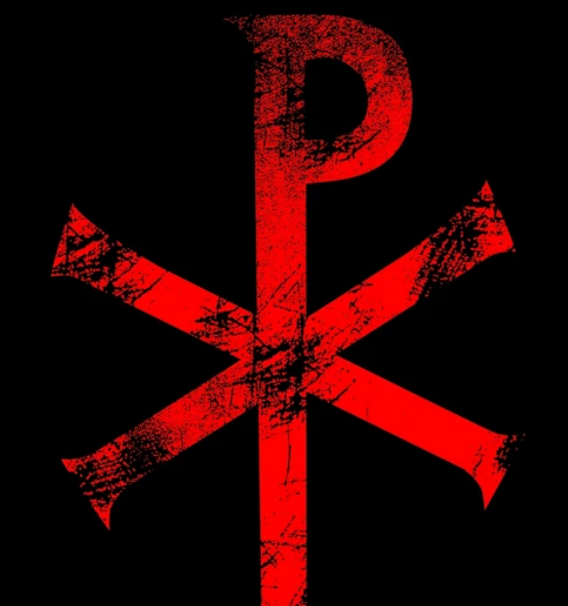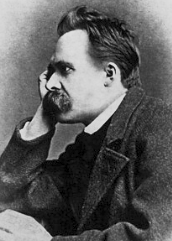Nietzsche (1844–1900) was the German philosopher who declared “God is dead” — not as a celebration, but as a diagnosis. He saw Europe’s faith collapsing under science and modernity, and warned that without God, humanity risked drifting into nihilism. His answer? The Übermensch — the overman who creates values in a godless world.
He wrote in aphorisms, thunderbolts instead of essays. Works like Thus Spoke Zarathustra and Beyond Good and Evil shook philosophy out of its sleepy traditions. He despised conformity, comfort, and “herd morality,” insisting that greatness demanded risk and suffering.
But Nietzsche’s own life ended in collapse. He went mad in 1889, supposedly embracing a horse in Turin before descending into silence until his death. Twisted later by Nazis (much against his intent), Nietzsche remains a prophet of the individual will — asking each of us if we’re brave enough to dance on the ruins of certainty.

